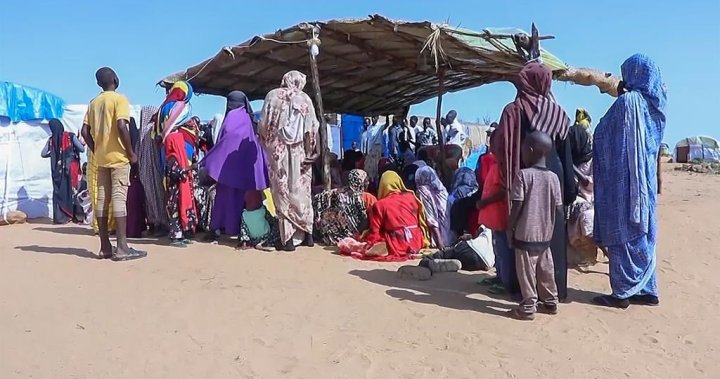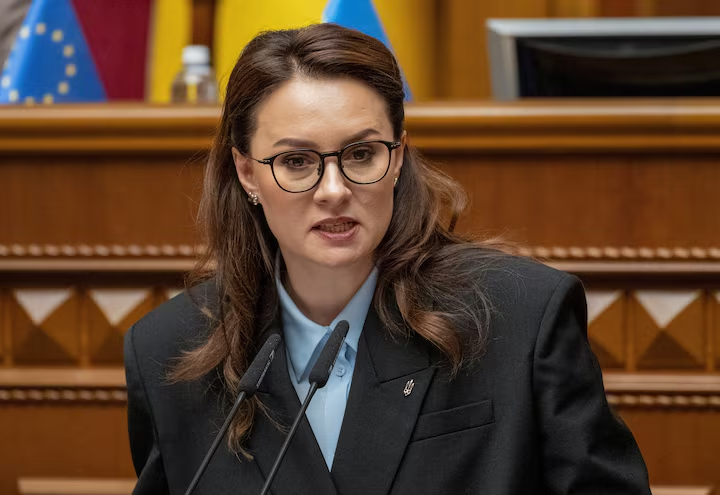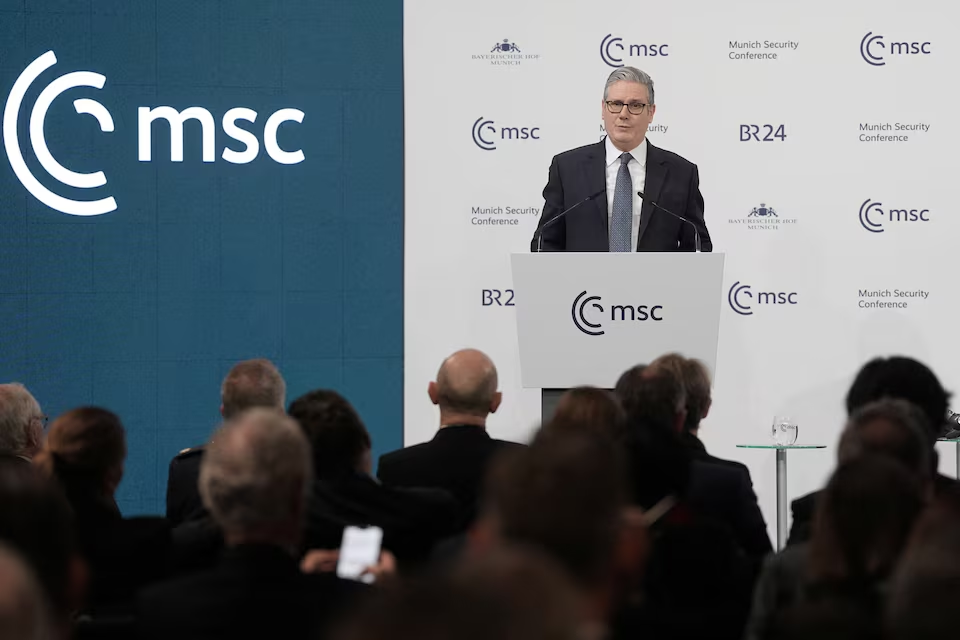
Canada is committing another $132.2 million in humanitarian funding to help people displaced by the violent conflict in Sudan that has been raging for the past year, the government announced Friday.
The conflict has killed thousands of civilians, forced millions of people to flee within Sudan and to neighbouring African countries and created one of the world’s worst hunger crises. The United Nations’ World Food Program has warned about a third of the country’s population, or 18 million people, face acute hunger, with five million on the verge of starvation.
“The humanitarian situation is dire,” Canada’s International Development Minister Ahmed Hussen told Global News in an interview.
The new funding includes $100.7 million in direct humanitarian assistance and $31.5 million to UN projects aimed at addressing sexual and reproductive health rights in Sudan and South Sudan, as well as gender-based violence.
“Whenever there is a very prolonged conflict, we know that women and girls suffer disproportionately, and this conflict is no different,” Hussen said.
“We’ve seen very serious rates, very high rates of gender-based violence, very high rates of sexual assaults.”
Sudanese-Canadians demand feds fast-track relatives’ immigration applications amid civil conflict.
Aid agencies say fighting, looting and bureaucratic hurdles have severely hampered the delivery of relief. The World Food Program said last week it finally managed to deliver food in the heavily-affected Darfur region after months of delays, but added more aid is needed on a persistent basis.
Although Hussen acknowledged “logistical challenges” to ensuring aid is delivered to those who need it within Sudan, he said there has been less resistance and roadblocks in neighbouring countries like South Sudan, Chad, Ethiopia and Central African Republic that have accepted refugees.
But many of those countries also have limited resources that are being stretched even thinner by the influx of Sudanese people, Hussen noted, specifically noting the inadequate access to water in Chad.
“We’re trying to also help these host communities so that they become more resilient and they’re able to continue to host these refugees for now,” he said.
The minister added aid workers on the ground in Sudan who work with Canada have been effective in getting food and supplies who need it despite the roadblocks and risks to safety.
Friday’s announcement comes ahead of a planned international humanitarian conference in Paris on Monday focused on addressing the Sudan conflict, which Hussen will attend. The summit will mark exactly one year since fighting first broke out between the Sudanese army and paramilitary Rapid Support Forces in the capital Khartoum.
Hussen said Canada will be presenting the new aid at the conference as an example that other participating countries should “step up” and follow with their own contributions.
The UN says it has asked the global community for $2.7 billion in funding to respond to humanitarian needs but has received $155 million — or six per cent of their request.
“If the World Food Program does not receive more support for its Sudan appeal, that they will simply stop serving food because they will run out of money to purchase food supplies,” Hussen said the food agency’s executive director, Cindy McCain, told him recently.
He said aid groups and other non-government organizations will also be participating in the talks, which will focus not just on aid but also on how to resolve the conflict and hold those responsible to account.
Canada has predominantly responded to the crisis through humanitarian aid, committing.







